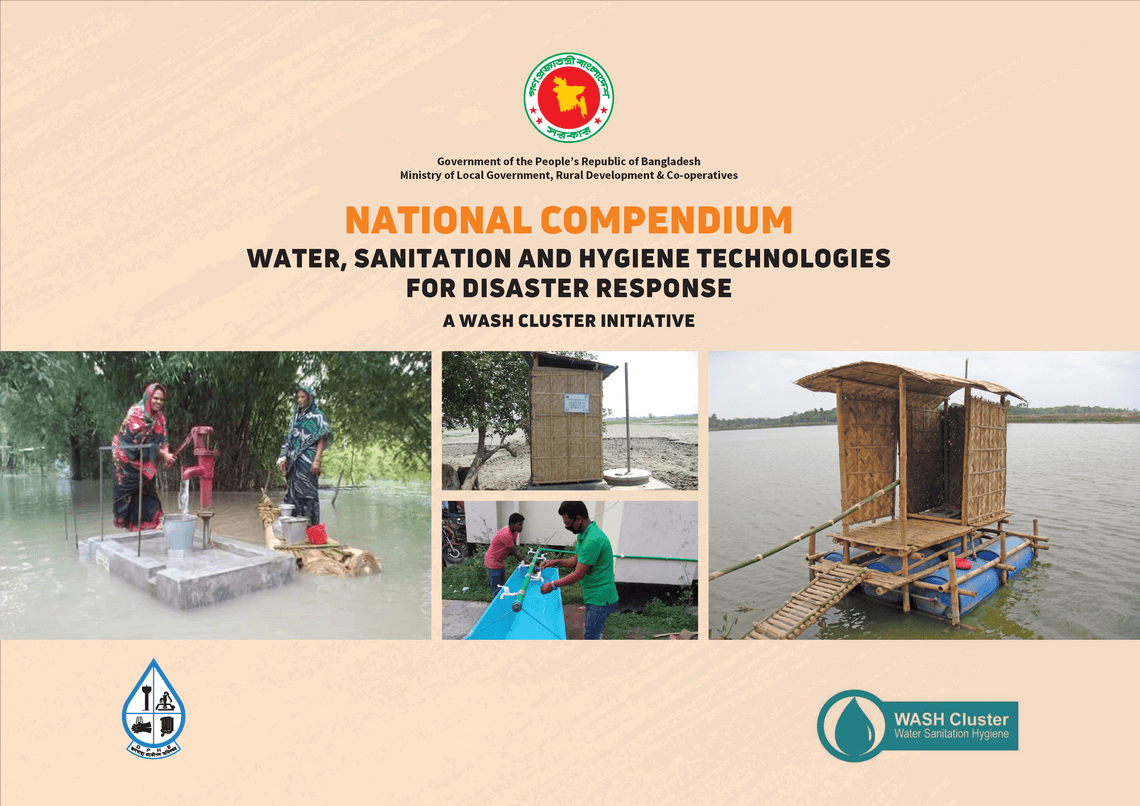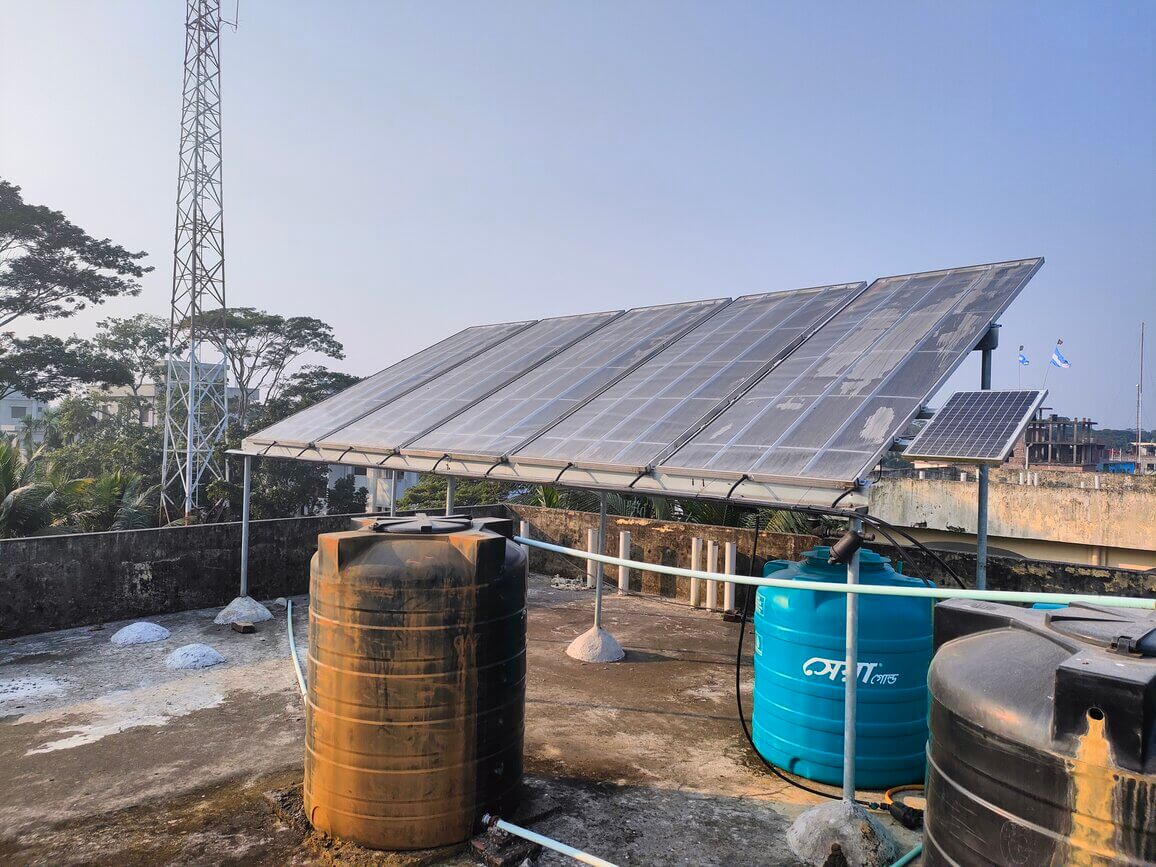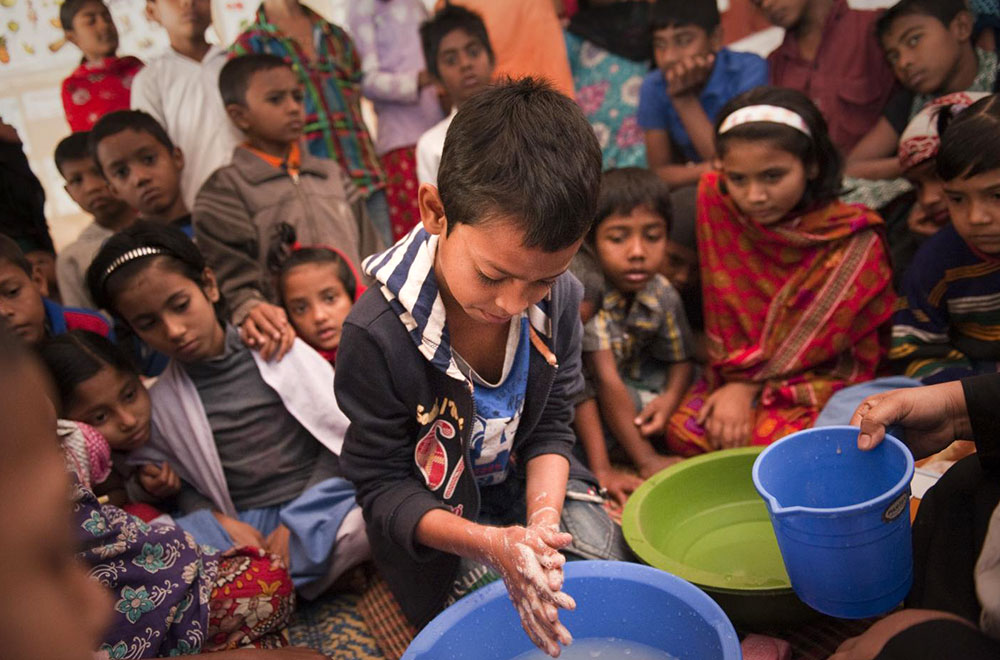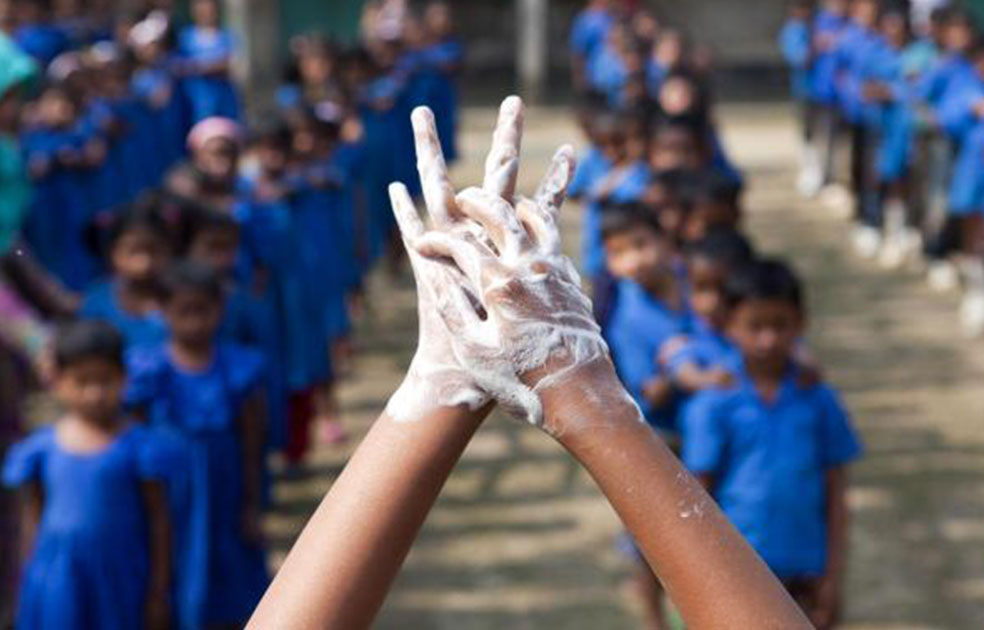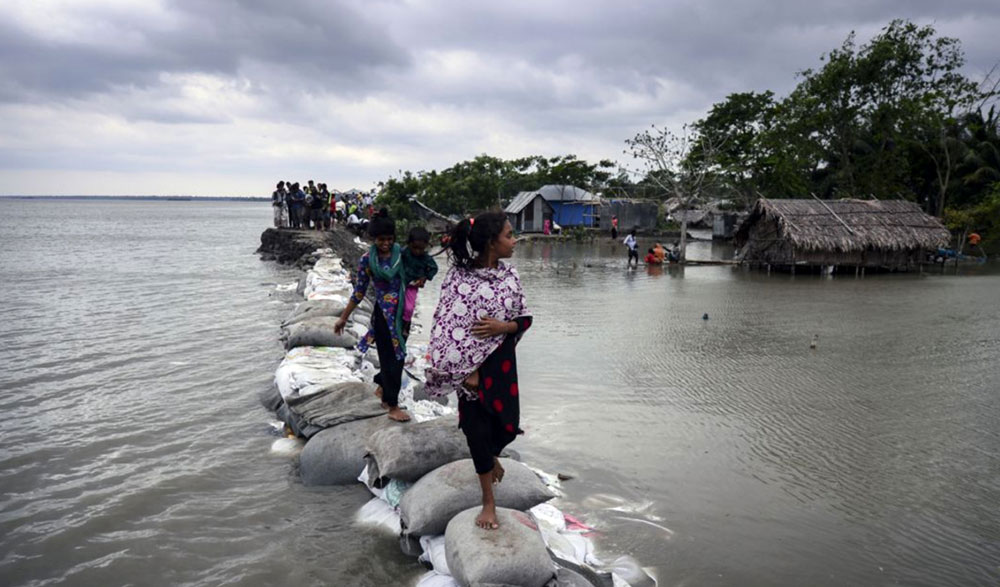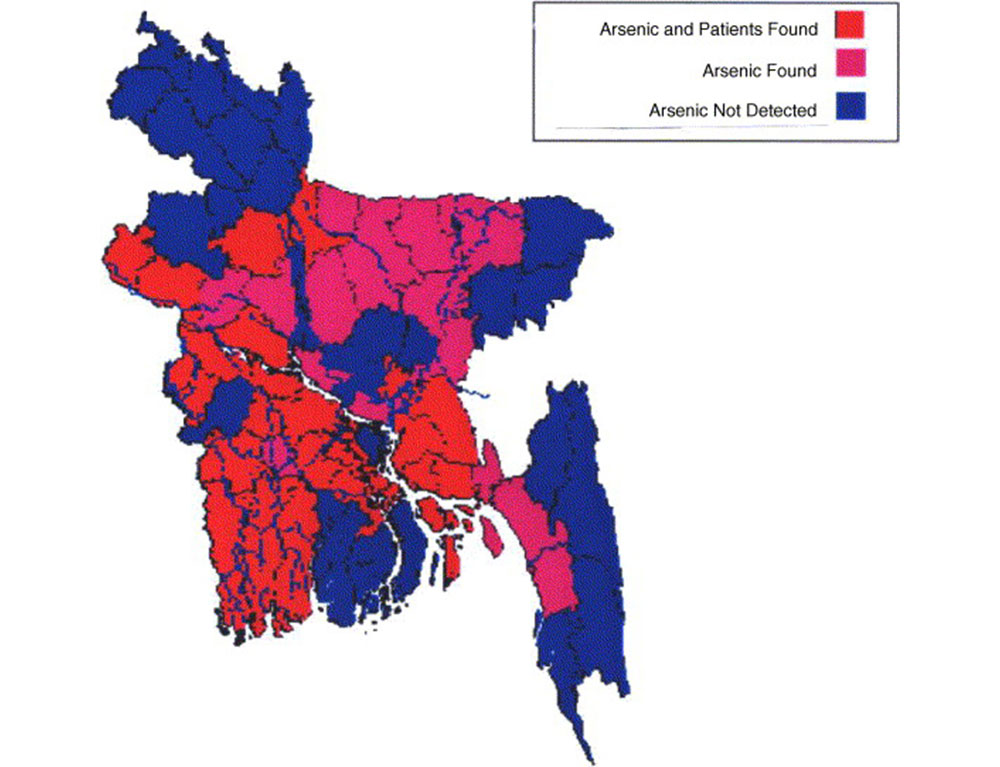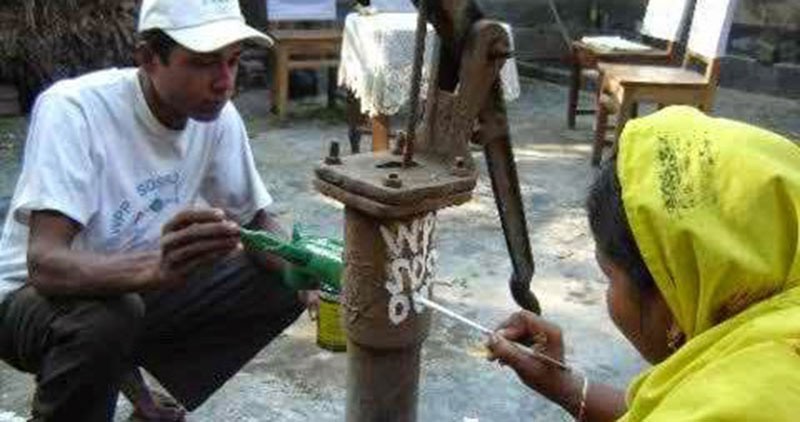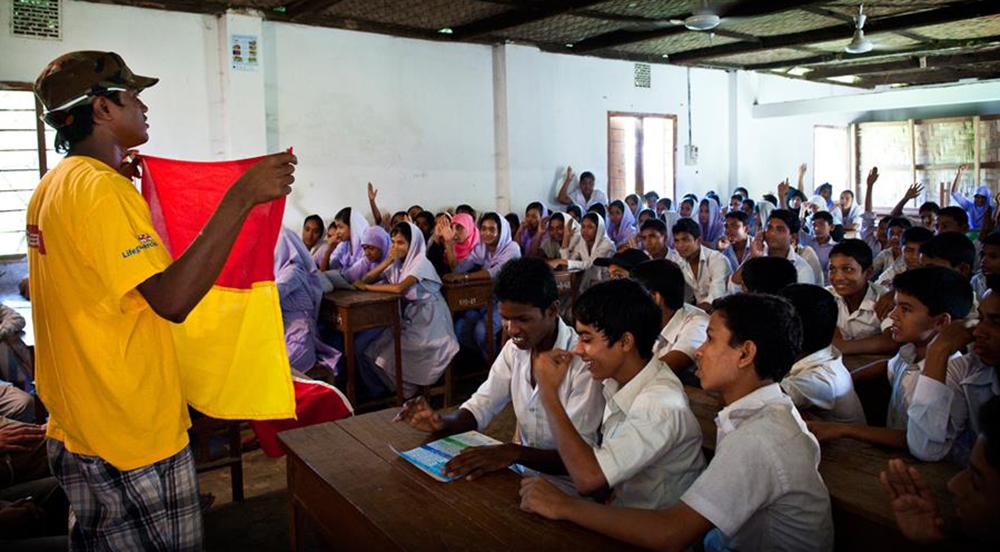Water
Developing of National Compendium of Water, Sanitation and Hygiene Technologies for Disaster Response
ITN-BUET developed a comprehensive National Compendium of WASH technologies for disaster response in Bangladesh, detailing technical specifications, drawings, costs, and emergency suitability to enhance disaster preparedness and response efforts.
Performance Evaluation of Water Desalination Systems of Safe Water Supply Project through Environment Friendly Solar Desalination Unit
The prime objective of this assignment is to evaluate the water desalination technology and its efficiency based on users’ feedback at field level and provide recommendations for the further expansion of the interventions.
December 2022 to January 2023
Developing National Compendium of Water, Sanitation and Hygiene (WASH) Technologies in Emergencies, Bangladesh
UNICEF engaged ITN-BUET to develop a national compendium of WASH technologies for emergencies in Bangladesh to address critical needs during disaster response.
February 2021 to May 2021
Development of National Operation and Maintenance (O&M) Guideline for Water, Sanitation and Hygiene (WASH) in Bangladesh
ITN-BUET, supported by UNICEF, is providing technical assistance to formulate the National Operation and Maintenance Strategy/Guideline for WASH infrastructures in Bangladesh.
June 2020 to ongoing
Training on Facing the Challenges of Climate Change in Water and Sanitation Sector in Bangladesh
DPHE recruited a number of class-1 officers and they were working all over the country, especially at the field level. They had no special training to combat the challenges of […]
March 2014 to June 2014
Study on Suitable Water Options for the Arsenic and Salinity Zone of Bangladesh
The study areas Laksam, Comilla and Assasuni, Satkhira are the arsenic and salinity prone area, respectively. The study assessed the existing water supply options in the study areas in terms […]
September 2016 to November 2016
Review and Development of Resilient and Inclusive WASH Technologies Album
Many organizations including GO, NGO and donor organizations have been working in the water and sanitation sector in Bangladesh for a long time and many of them have identified, developed […]
June 2016 to May 2017
Technical Assistance for Combating Arsenic Pollution Through Sustainable WASH Interventions for Extreme Poor in the Remote Rural Areas of Bangladesh
While implementing WASH water supply technologies in different Char areas of Bangladesh, Concern Worldwide found arsenic levels greater than 50 ppb in many of their intervention tubewells. The project is […]
December 2015 to October 2016
Study on WASH (Water, Sanitation and Hygiene) Challenges in Slum areas of Dhaka City
People living in slums are often unaware of the ill effects of unsafe water, unhygienic latrines, and improper disposal of solid wastes and consequently suffer from diseases and burdens of […]
April 2014 to June 2014
Development of education materials including teaching guide on Water Safety Plan for university curriculum
The concept of WSP was relatively new in the course curriculum of most technical universities. At the same time, new lessons had been learnt from the implementation of WSPs in […]
September 2013 to December 2013


